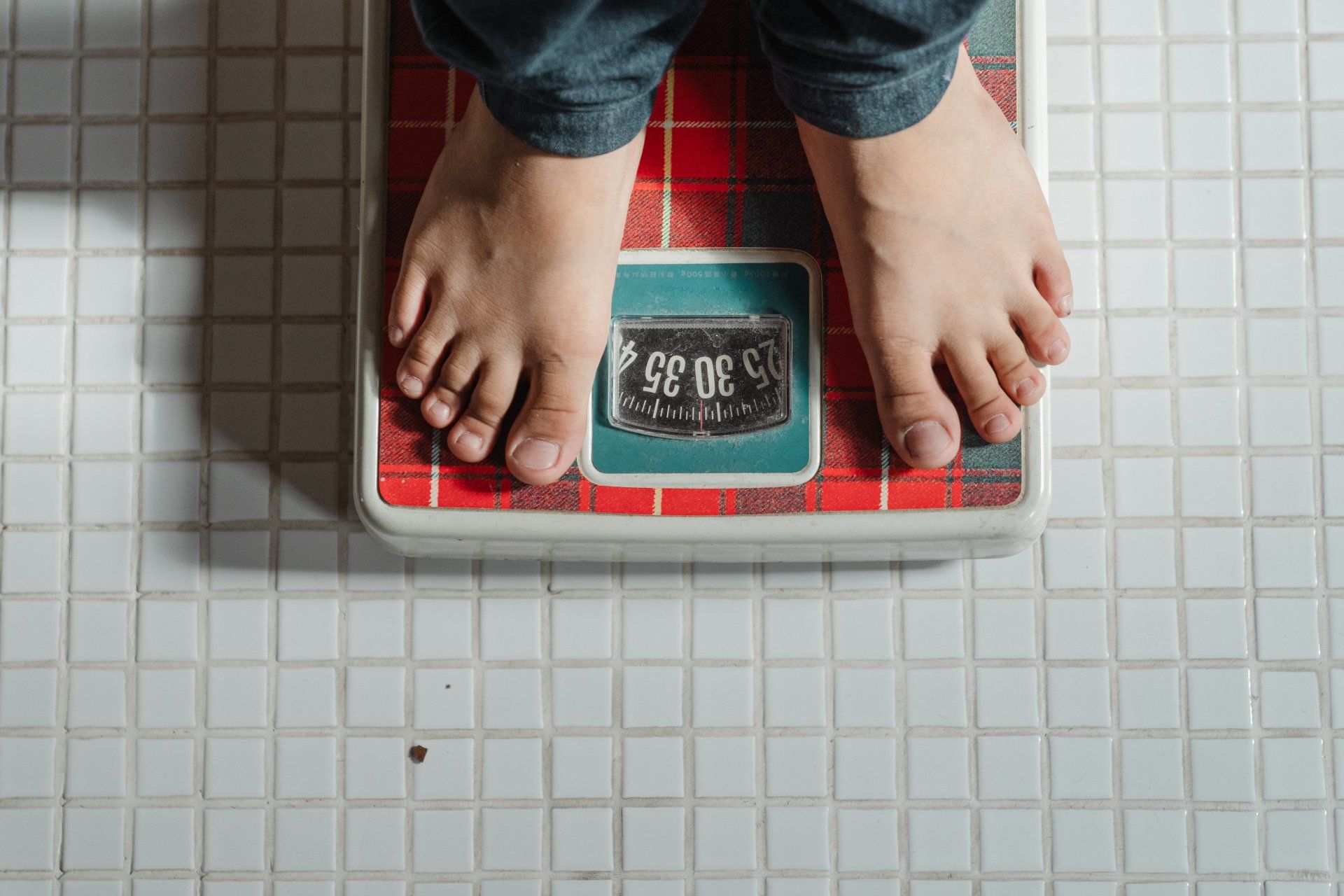Does Sleep Apnea Go Away With Weight Loss?
The benefits of losing weight when a person is overweight or obese are well documented: Lower risk of heart disease, lower risk of diabetes, reduced joint pain, and improved self-confidence. But did you know that it also helps you sleep better?
WHAT IS SLEEP APNEA?
Sleep apnea is a disorder that causes a person to stop breathing while sleeping. The person will wake themselves up as they gasp for air, fall asleep, and do it all over again, several times throughout the night.
TYPES OF SLEEP APNEA
There are different types of sleep apnea: Obstructive, central, and complex.
- Obstructive Sleep Apnea. This type of sleep apnea occurs when the person’s throat muscles overly relax while the person is asleep.
- Central Sleep Apnea. This type of apnea occurs when the brain stops sending signals to the body to continue breathing.
- Mixed or Complex Sleep Apnea. This type of sleep apnea occurs when a person suffers from both obstructive and central sleep apnea.
If you’ve woken up several times, gasping for air, feel like your loud snores woke you up, wake up with strong headaches, or are excessively exhausted throughout the day on a regular basis, you may have sleep apnea.
THE CONNECTION BETWEEN BEING OVERWEIGHT AND SLEEP APNEA
Each type of sleep apnea is caused by different factors. We’ll focus on obstructive sleep apnea on this blog because one of the high-risk factors for developing it is being overweight or obese.
Sleep apnea can develop at any age, and it affects more men than women. Other risk factors include:
- Family history
- Having a small jaw
- Hypothyroidism
- Being male
- Being a senior citizen
- Having a large neck circumference
The reason being overweight or obese significantly increases the likelihood of developing sleep apnea is because excess weight can lead fat to accumulate around the neck, causing your airways to narrow. As a result, your body doesn’t get as much oxygen as it needs, and your brain sends a signal to your body to wake up, so that you can continue breathing. Since you’re only awake for a few seconds before falling back asleep, it may be possible that you don’t remember waking up throughout the night at all.
The good news is that (a) weight is the only risk factor that’s actually reversible, and (b) losing even just 10% of your body weight can reduce episodes of sleep apnea, or even eliminate it completely, depending on your current Body Mass Index. To fully eliminate it, it’s crucial to implement long-term lifestyle changes, such as leading an active lifestyle, eating healthier, and receiving medical guidance when necessary.
IF YOU ARE TRYING TO LOSE WEIGHT, LET SLIM4LIFE HELP YOU
No matter how diligent you may be in pursuing your weight-loss goals, we all experience plateaus and frustrations. Let us help you with such hurdles. Schedule a free consultation to see how you can lose weight and keep it off. We’ll help you develop a nutritionally balanced lifestyle that’s enjoyable and sustainable. You can fill out our online form or call us at 1-833-SLIMTODAY (1-833-754-6863).




